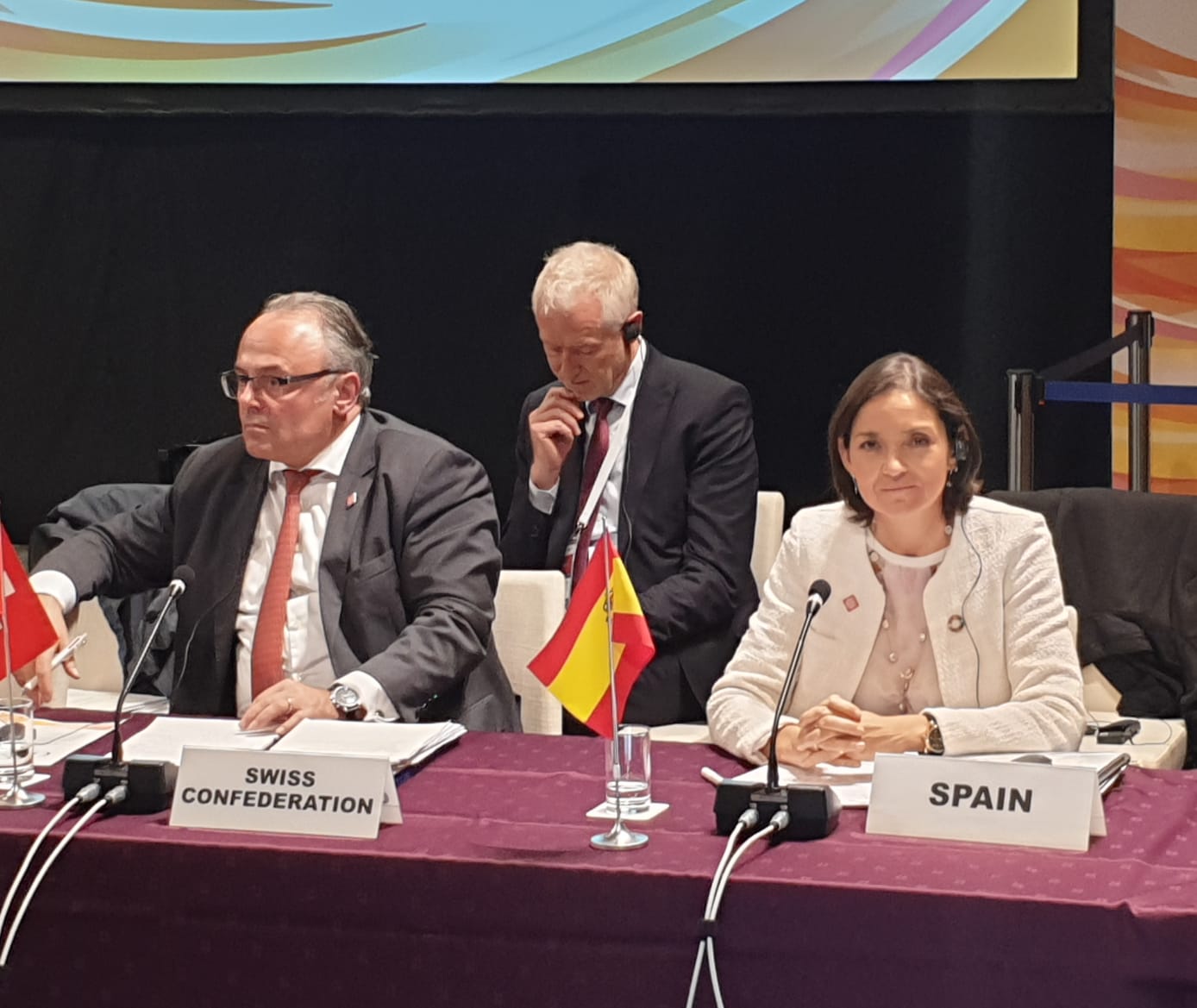The Minister of Industry, Commerce and Tourism, Reyes Maroto, said today in London that the data from the surveys on Tourist Movements in Frontier (FRONTUR) and Tourism Expenditure (EGATUR) published by the National Statistics Institute “confirm good health of our tourism sector ”.
In the first nine months of 2019, the number of tourists who visited Spain exceeded 67 million (+ 1.3%), and tourism spending reached 73.8 billion euros (+ 3%). In the meeting with accredited media in the World Travel Market (WTM) in London, Maroto explained that “these data indicate that the profitability of our tourism model is increasing, which is one of the objectives we set at the beginning of the legislature".
The minister highlighted the recovery of Catalonia, which welcomed from January to September more than 15,600,000 visitors (+ 0.6%), compared to the fall experienced in the same period of 2018 (-2.3%). “Catalonia contributes almost a quarter of the total volume of the Spanish tourism market and its behavior has a great influence on the whole. The instability and the disturbances are a ballast for the tourism and are generating a negative affectation in the Catalan economy, reason why it is necessary to recover the normality and to restore the coexistence in Catalonia ”.
Reyes Maroto has decoupled the declines in the Canary Islands and the Balearic Islands (-4.2% and -0.4%, respectively) of the Thomas Cook crisis, "since they are associated with declines in the German, non-British market," and recalled that the government shock plan is still underway: “Last Thursday the Government Delegate Commission for Economic Affairs approved the ICO credit line of up to 200 million euros for affected companies, the line has been extended to all companies in the tourism sector with registered office in the Canary Islands or the Balearic Islands because of its main affectation, ”he said.
Regarding the United Kingdom, he highlighted as a positive fact that "between January and September tourism spending has increased by 1.2%, which means that we are attracting British tourists to segments other than holiday tourism." Until September, the flow of British tourists decreased 1.6%, a decrease that is lower than that registered in 2018.
Finally, he pointed out that the World Travel Market is "the ideal framework to build loyalty in that British market and reinforce the diversity of the offer of Spanish tourist destinations."

